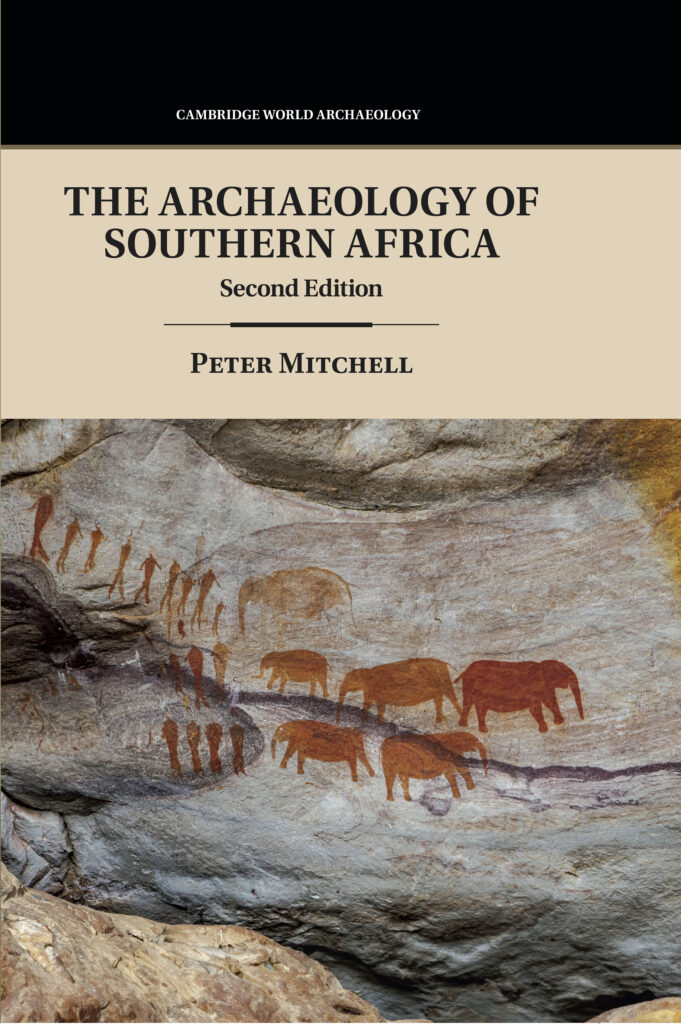Second edition of The Archaeology of Southern Africa by St Hugh’s Tutorial Fellow in Archaeology is published

Professor Peter Mitchell, Tutorial Fellow in Archaeology, has undertaken research on the archaeology of southern African hunter-gatherers for 40 years. The second edition of his synthesis of the region’s past, The Archaeology of Southern Africa, will be published by Cambridge University Press on 6 June 2024.
Southern Africa has one of the longest, most complex archaeological records anywhere in the world and increasingly contributes to many of the key debates in global archaeology. Sites in the Cradle of Humankind near Johannesburg provide some of the oldest evidence for early hominins on the planet, reaching back beyond 3 million years ago. Much more recently, other sites offer some of the earliest and richest documentation yet available for cognitively complex behaviours like the production of jewellery and art, the controlled use of fire to manufacture complex adhesives or alter the flaking properties of stone, and the innovation of the bow-and-arrow. Meanwhile, genetic studies identify southern Africa’s Khoe-San-speaking peoples as among the most ancient human lineages of all. Those same peoples are responsible for one of Africa’s richest rock art heritages, paintings and engravings that in many cases emphasise the behaviour and experience of shamans in altered states of consciousness. And ethnographic fieldwork among San hunter-gatherers in the Kalahari Desert has been foundational to the anthropological understanding of mobile hunter-gatherer peoples worldwide.
Over the past 2000 years southern Africa has arguably been unique as an area in which hunter-gatherers have increasingly shared the landscape with pastoralists, farmers, and — ultimately — settlers of European origin. This provides a fascinating opportunity for archaeologists to explore intercultural connections that are directly linked to the region’s complex recent political history, including multiple instances in which social complexity and state-level societies such as that centred at Great Zimbabwe emerged and flourished. Here, in particular, recent scholarship increasingly emphasises indigenous African agency to understand how southern African societies transformed themselves, not least as part of their growing enmeshment with the spread of colonial structures and global capitalism. As such, southern Africa also stands at the forefront of efforts to decolonise the archaeological discipline itself.
The second edition of The Archaeology of Southern Africa seeks to deliver a comprehensive survey and evaluation of these and other aspects of southern Africa’s past, from the australopithecines of 3 million and more years ago to the post-apartheid era. Covering the whole region south of the Zambezi, it is helped in this by over 200 illustrations, almost all of them in colour, something made possible by the College’s own generous support.
To be launched at the biennial meeting of the Association of Southern African Professional Archaeologists (ASAPA) in Lesotho later this month, at which Prof. Mitchell will be a keynote speaker, the book will hopefully prove a useful reference point not only for academics and students studying the region but also for everyone wishing to learn more about its fascinating past.
